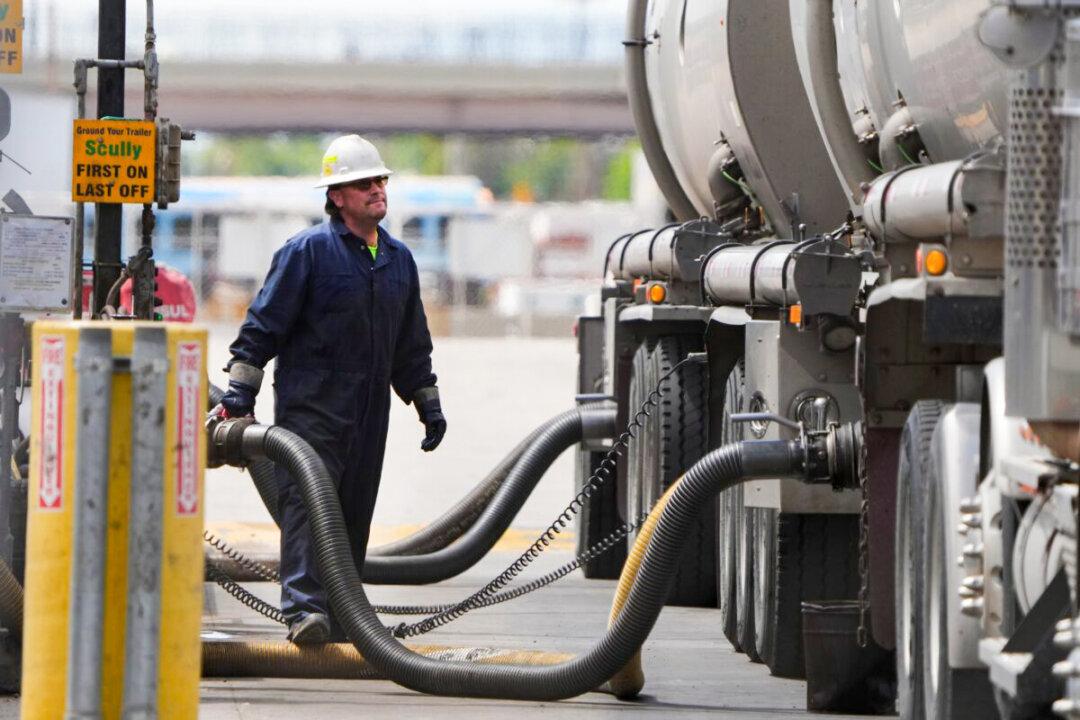China and Russia are the clear winners of the the carbon-reducing provisions in the Democrats’ latest spending bill that aim to cut fossil fuel emissions by 40 percent by 2030, according to former President Donald Trump’s erstwhile economic adviser.
Stephen Moore, a Trump-era adviser and senior fellow at The Heritage Foundation, told NTD in a recent interview that the climate-related provisions of the Inflation Reduction Act—now en route to final House approval—would hamstring American energy production and benefit adversaries.






